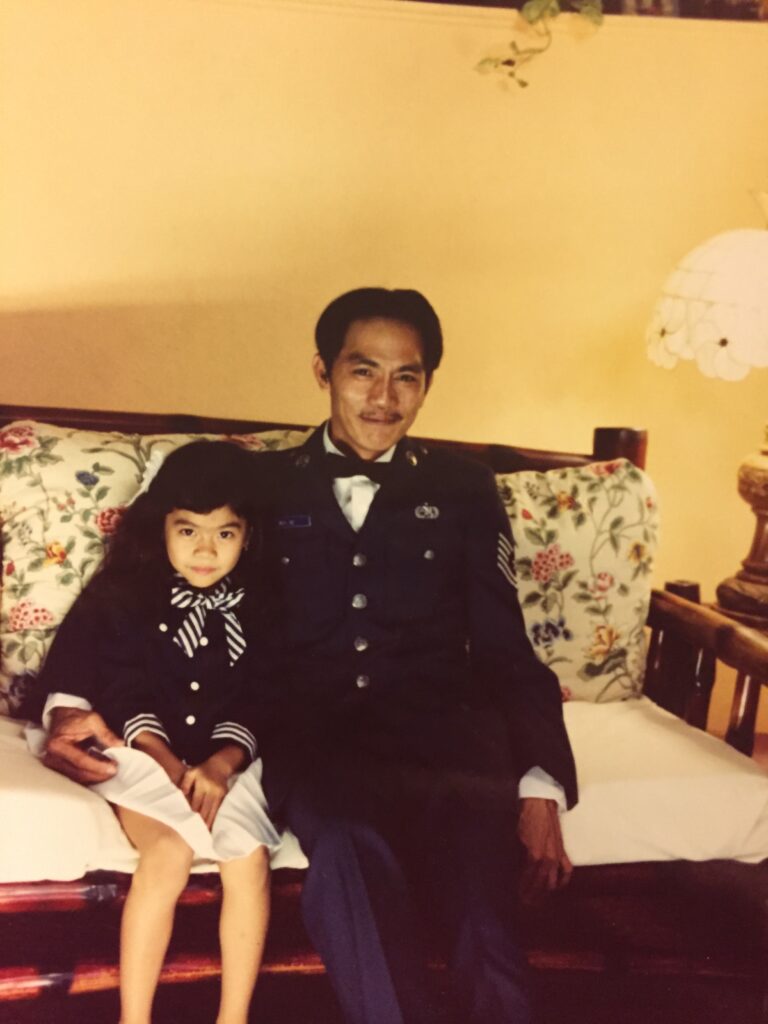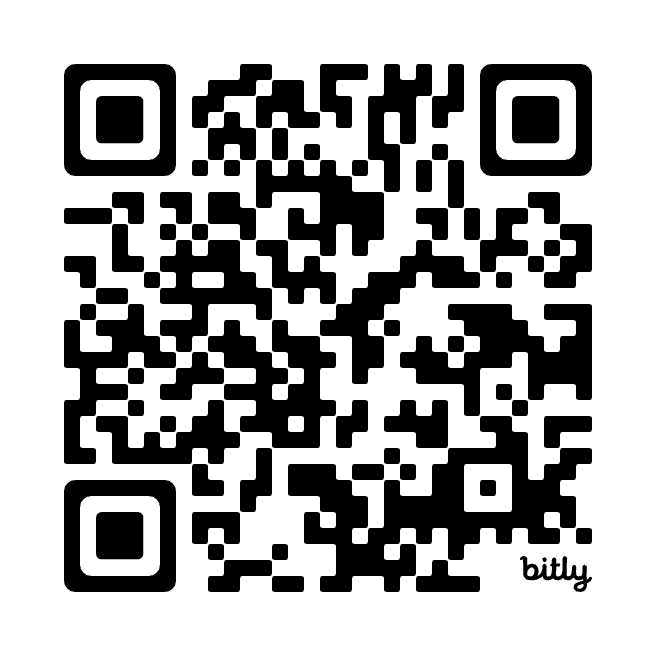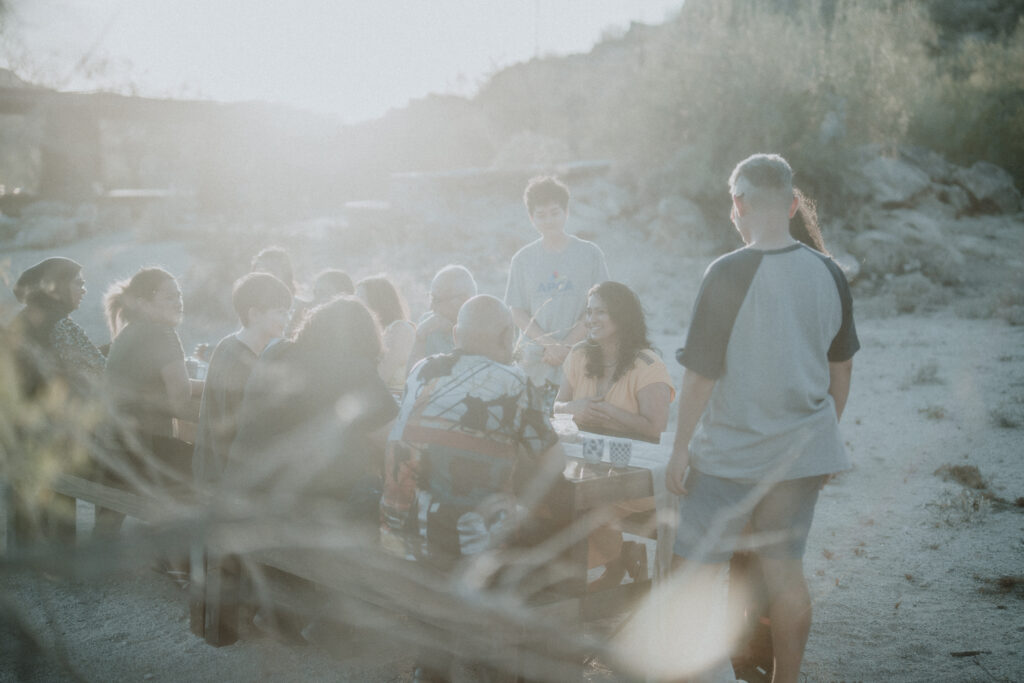
As the patriarch of my immigrant family, my father worked hard to ensure our survival. No one could have predicted that his selfless and steadfast work ethic would completely backfire. Growing up in a rough neighborhood in the Philippines, serving in the Air Force in the Gulf War, and surviving valley fever and a motorcycle accident, I believed he was invincible.
Like any human, we’re fragile flesh, and to my father’s detriment, he never liked visiting the doctor, preferring to spend his time working to ensure his kids have experiences he never had. By the time his stage 4 colon cancer was discovered at the urging of my mother, he was given six months to live. We tragically lost him at the age of 55.
My mother suffered a similar fate, despite going for regular check ups, her lung cancer went undiagnosed until she was already in stage 4. Despite all of her efforts to stay healthy and follow treatment, we lost her 9 years after we lost my father, at the age of 61. Early detection of cancer greatly increases our chances of surviving and it may not be found during routine checkups. Many times, you need a specialist for diagnosis and both providers and patients need to be better informed. But if there is no data, there is no information.
Off the top of my head, I know that people who smoke heavily can develop lung cancer. But I’d never heard of the fact that non-smoking Asian American women have a higher chance of developing lung cancer than American women of other ethnicities. Where was this information when my mom was showing symptoms?
AANHPI communities face many barriers to health and although we prioritize our families, we forget to care for ourselves. As the anecdote among frequent airline travelers says, you have to put your oxygen mask on first to ensure your safety before helping others. Otherwise, you’ll lose consciousness fast and leave your vulnerable loved ones to fend for themselves.
We aim to empower our communities to break this cycle of neglect and advocate for their own well-being. We at Asian Pacific Community in Action are attempting the biggest AANHPI targeted health survey in Arizona. I ask you to help by participating in our Community Health Resources and Needs Assessment (we’re calling it Project BeeWell), in partnership with the NYU Center for the Study of Asian American Health. Through collective efforts and data-driven interventions, we can reshape the narrative of health within our communities, ensuring that no family suffers the tragic consequences of preventable illnesses.

Ready to take the survey and help your community? Visit apcaaz.org/beewell or scan the QR code!





